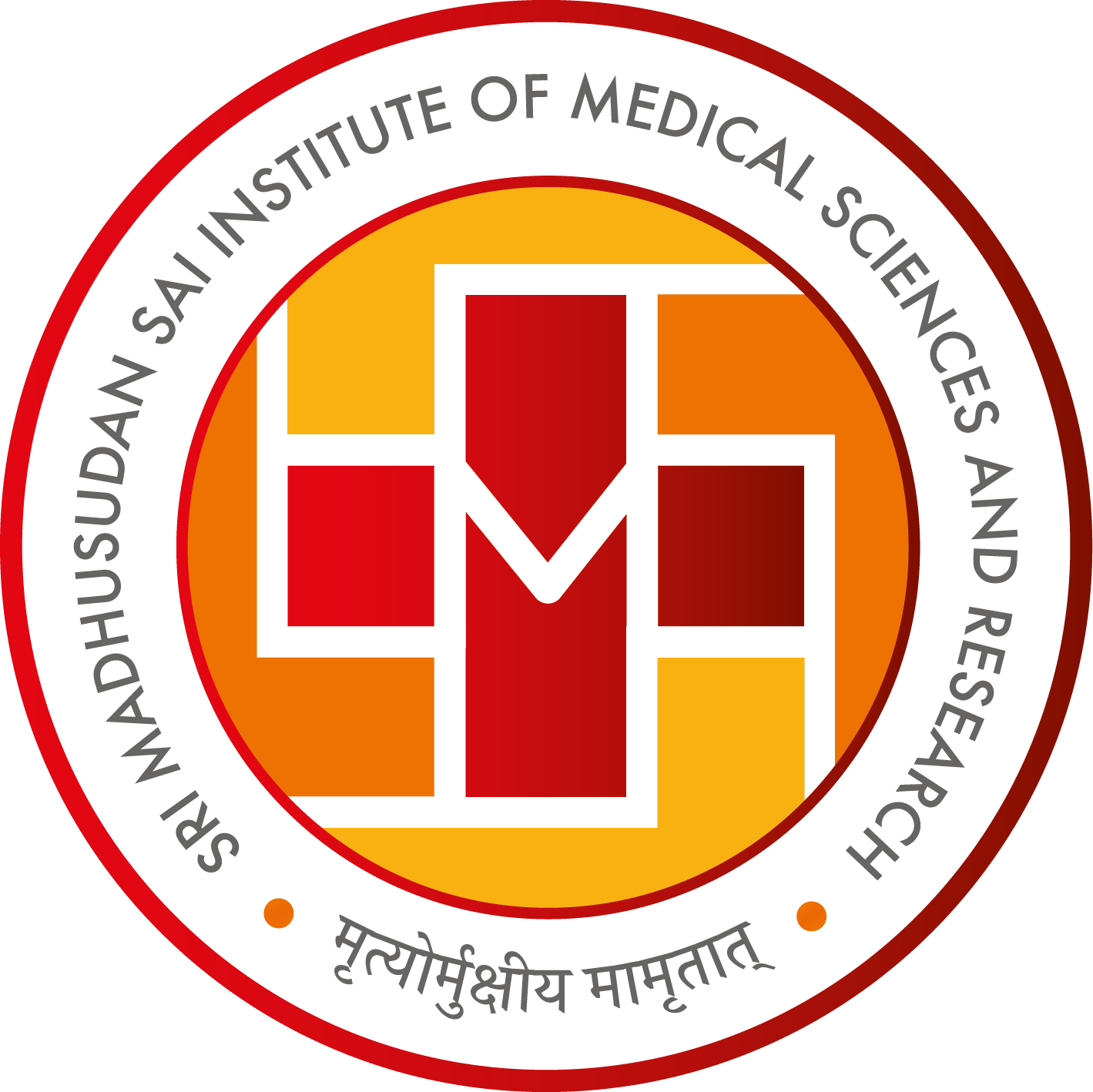22 June 2023
Dr. Usha Vasthare explores the powerful connection between neuroscience and spirituality as a means of self-improvement. She highlights the significance of inner empowerment in influencing positive change in the world.
Self-knowledge is crucial for personal development, involving awareness of our thoughts, emotions, and beliefs. It is essential to consciously and purposefully think, reason, and act instead of operating on autopilot.
Biases keep us trapped in survival mode and hinder our mental evolution. To truly master ourselves, we must bring about changes in our brains and translate them into actionable thoughts and behaviors.
Neuroplasticity plays a pivotal role in this process, as our brain possesses limitless potential and acts as a remarkable tool. Comparing it to a pharmacy or a waiting genie, our thoughts must be converted into well-defined goals.
The mind consists of two parts: the higher center, responsible for rational and logical thinking, and the lower center, governing bodily functions. Negative thoughts tend to stick in our minds, leading to frustration, avoidance of responsibility, lack of proactivity, hindered learning, and personal growth.
Overcoming negative biases requires a practice called neuro-sculpting, which involves self-awareness and the exercise of free will. The Dalai Lama emphasizes that changing the brain is more crucial than merely altering the mind. By cultivating a friendly relationship with our own mind, we can accomplish remarkable feats.
Dr. Usha provides valuable advice to students, encouraging them to become lifelong learners and develop effective learning strategies to prepare for the future. She concludes with a thought-provoking story about three individuals working in a stone sculpting shop, illustrating the significance of perspective and its impact on our approach to life.







